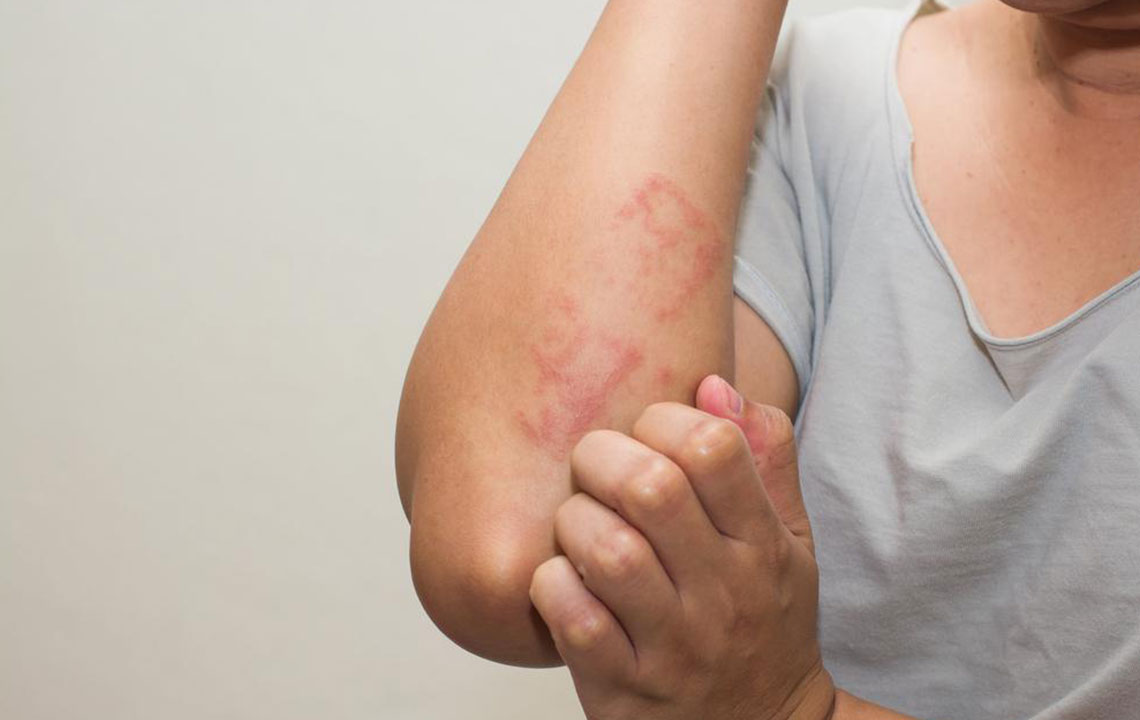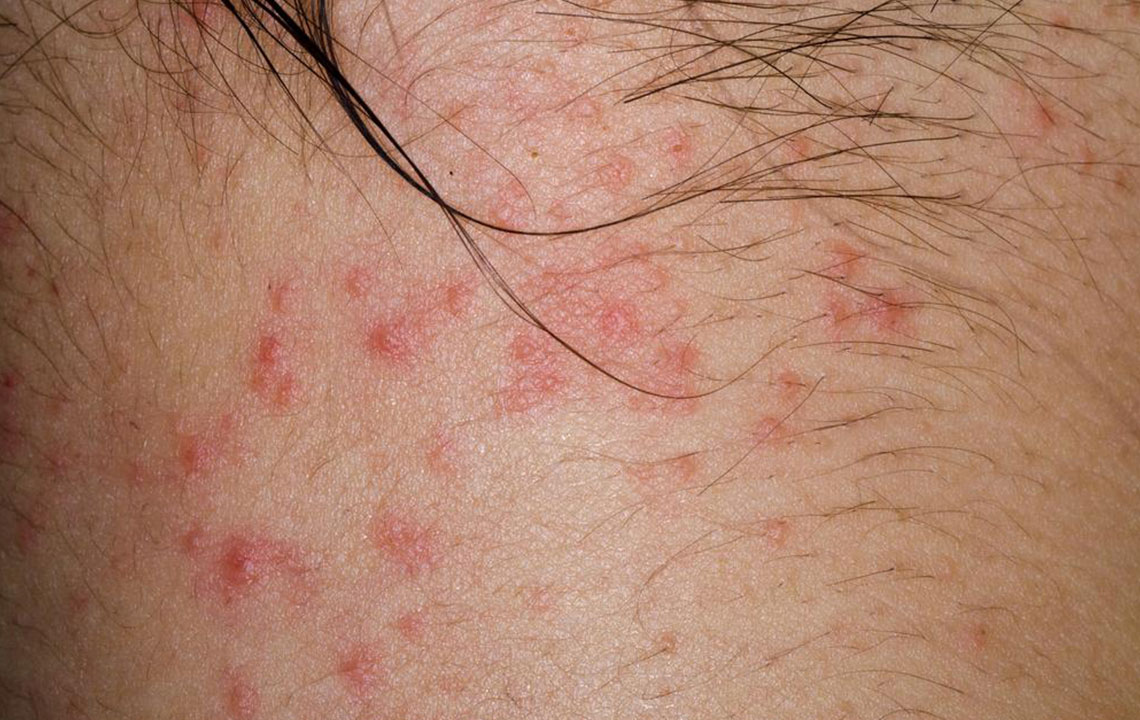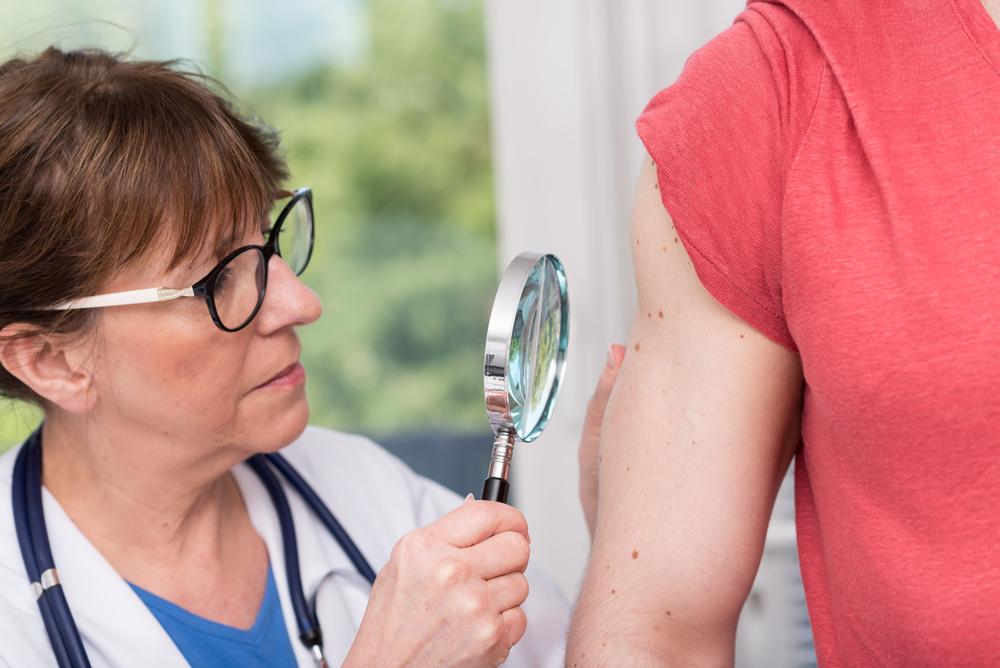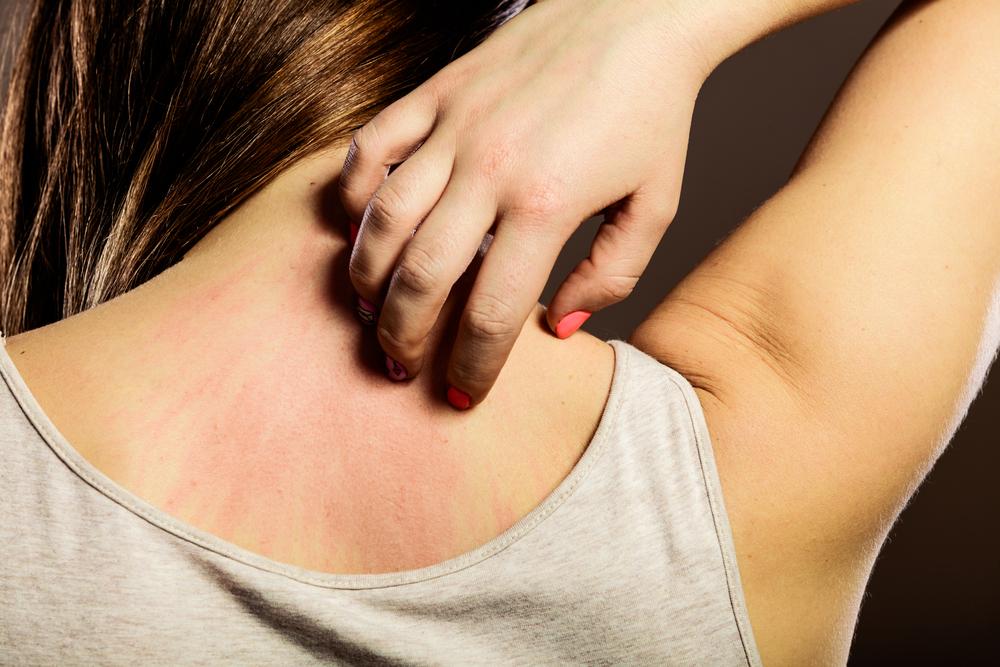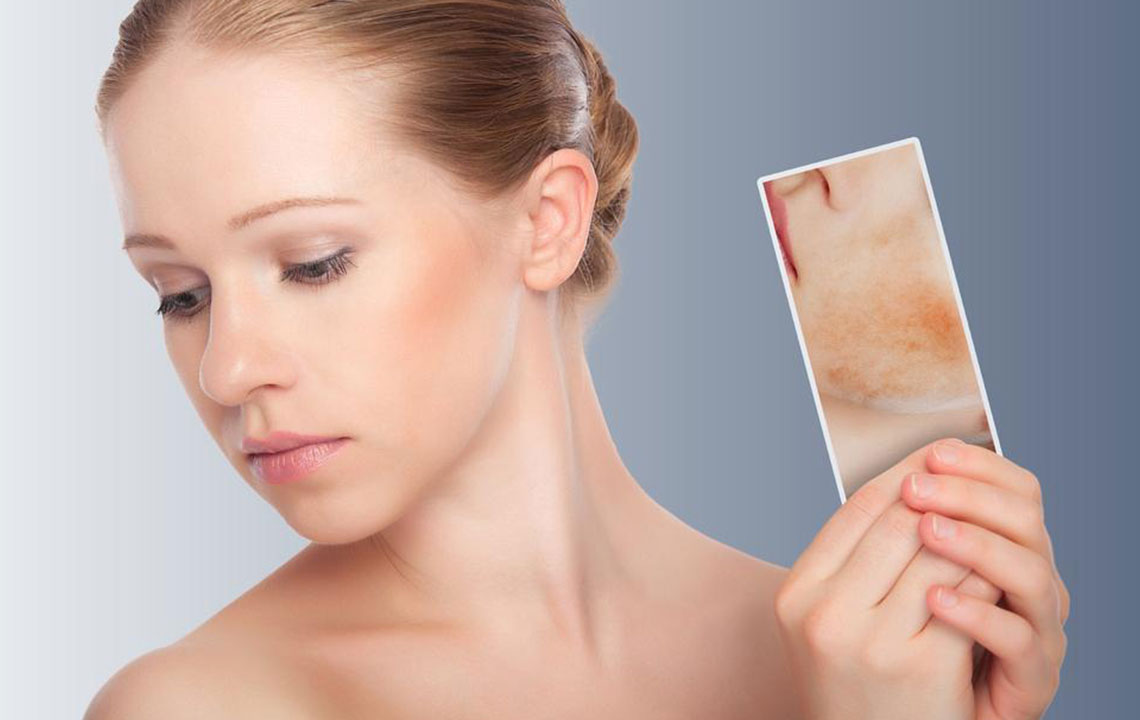Comprehensive Guide to Detecting and Managing Skin Irritations for Better Skin Health
This comprehensive guide provides detailed insights into recognizing, managing, and preventing skin irritations. From allergic reactions to medication and cosmetic-induced skin issues, learn effective strategies and home remedies to maintain healthy skin. Understanding triggers and early intervention are key to avoiding discomfort and skin damage, making this article an essential resource for skincare awareness and effective treatment options.
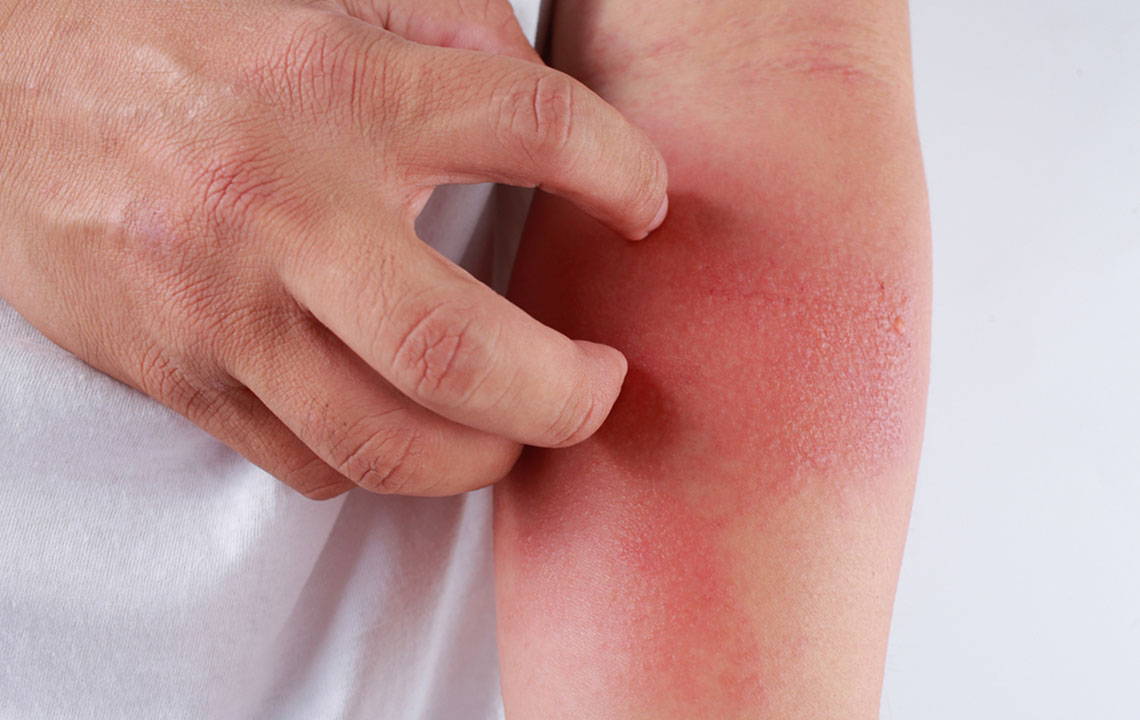
Understanding and Effectively Managing Skin Irritations: A Complete Guide
Skin irritations are a common concern that can significantly impact daily life, leading to discomfort, visible redness, swelling, itching, and sometimes even emotional distress. Recognizing the underlying cause of skin reactions is crucial for effective treatment, relief, and preventing future episodes. This extensive guide will walk you through how to identify various skin irritations, their causes, and practical strategies for managing and preventing skin discomforts.
Understanding the symptoms and triggers of skin irritation can empower you to take control of your skin health. By paying close attention to signs such as redness, bumps, dryness, itching, blistering, or swelling, you can better determine the nature and severity of the condition and make informed decisions about treatment and care routines.
Numerous factors can lead to skin irritation. Identifying these causes is essential to avoid exposures that trigger reactions and to develop personalized skincare routines that promote healthy skin. Common triggers include:
Allergens present in plants, foods, or environmental substances
Medications, especially topical or systemic drugs
Personal care products such as soaps, shampoos, lotions, and fragrances
Environmental factors like extreme temperatures, pollution, or sun exposure
Underlying health conditions, including eczema, psoriasis, and other dermatological disorders
Allergic Contact Dermatitis: Recognizing and Managing
Allergic contact dermatitis (ACD) occurs when the skin encounters an allergen—an agent that triggers a hypersensitive immune response. This condition often manifests as redness, swelling, itching, and sometimes blistering at the contact site. Recognizing these symptoms and understanding the causes are vital steps toward effective management.
Identifying the allergen involves careful observation and, in some cases, allergy testing conducted by dermatologists or allergists. Common culprits include nickel in jewelry, certain cosmetics, fragrances, latex, and specific plants like poison ivy. Once identified, avoiding contact with these allergens is the most straightforward way to prevent recurrent skin reactions.
If the irritation persists, topical corticosteroids such as hydrocortisone creams can reduce inflammation and alleviate discomfort. Cold compresses applied for 10-15 minutes multiple times a day can also soothe irritated skin and reduce swelling. Maintaining gentle skin care routines and avoiding harsh soaps or abrasive scrubbing will help promote healing.
Medication-Induced Rashes: How to Identify and Respond
Rashes caused by medications are a common form of skin reaction that varies widely in presentation and severity. These adverse reactions may involve mild redness, hives, or more severe eruptions and can develop either immediately after starting a medication or after prolonged use.
Understanding the types of medication reactions helps in prompt identification and management:
Allergic reactions: These occur when the immune system overreacts to a medication, leading to hives, swelling, and in some cases, systemic symptoms like difficulty breathing.
Side effects: Certain drugs may cause skin eruptions as a direct pharmacological effect, often manifesting as rashes or dryness.
Photosensitivity: Some medications make the skin more sensitive to sunlight, resulting in sunburn-like reactions or rashes when exposed to UV rays.
Recognizing patterns such as pimples, redness, purple patches, or hives in conjunction with medication use can facilitate timely medical advice. If you suspect a medication is causing a skin reaction, consult your healthcare provider immediately. They may recommend stopping the medication or switching to an alternative while managing symptoms with antihistamines, corticosteroids, or other therapies.
Cosmetic and Personal Care Product Reactions: Recognizing and Preventing
Many skin irritations are linked to cosmetics, skincare products, perfumes, and other personal care items. These reactions are often caused by irritants or allergic ingredients present in the formulations. Common symptoms include dryness, redness, itching, hives, or swelling at the contact site.
To reduce risks, opt for products with minimal ingredients, fragrance-free labels, and hypoallergenic formulations. Performing a patch test by applying a small amount of a product on your inner forearm and monitoring for 48-72 hours can help detect sensitivities before full application.
When using perfumes, it is advisable to spray on clothing rather than directly on the skin to prevent reactions. For persistent or severe reactions, consulting a dermatologist is essential. They may recommend allergy testing or prescribe targeted treatments to manage symptoms effectively.
Severe reactions such as contact urticaria—characterized by itchy, burning sensations, swelling, and redness—require immediate medical attention. Additionally, photosensitive dermatitis can occur when certain ingredients react upon sunlight exposure, leading to additional skin irritation.
Home Remedies and Care Tips for Mild Skin Irritations
For mild skin irritations, simple home remedies can provide immediate relief and promote healing. These non-invasive measures are often effective in managing minor discomforts and preventing the progression of irritation.
Use lukewarm water instead of hot water during bathing or washing to avoid further skin dryness and irritation.
Select gentle, fragrance-free soaps and cleansers that contain minimal irritants.
Pat the skin dry gently with a soft towel; avoid rubbing, which can worsen irritation.
Expose the affected area to air when possible to facilitate healing and reduce moisture build-up that can promote infection.
Avoid scratching or rubbing the irritated skin to prevent infections and scarring.
Discontinue use of new products that might be causing the reaction until the skin improves.
Apply fragrance-free, soothing moisturizers regularly to maintain skin hydration and barrier function.
If scalp or neck dermatitis occurs, using anti-dandruff shampoos formulated to be gentle can alleviate symptoms.
If symptoms persist, worsen, or if signs of infection such as pus, increased redness, or fever occur, seek medical attention promptly. Early intervention ensures faster recovery, minimizes complications, and preserves skin integrity.
In conclusion, understanding the various causes and management strategies for skin irritations is essential for maintaining healthy, comfortable, and resilient skin. Whether dealing with allergic contact dermatitis, medication reactions, cosmetic sensitivities, or mild irritations, early recognition and appropriate care play critical roles in effective treatment and prevention. Always consult healthcare professionals for persistent or severe skin reactions to develop a personalized and safe skincare plan.
